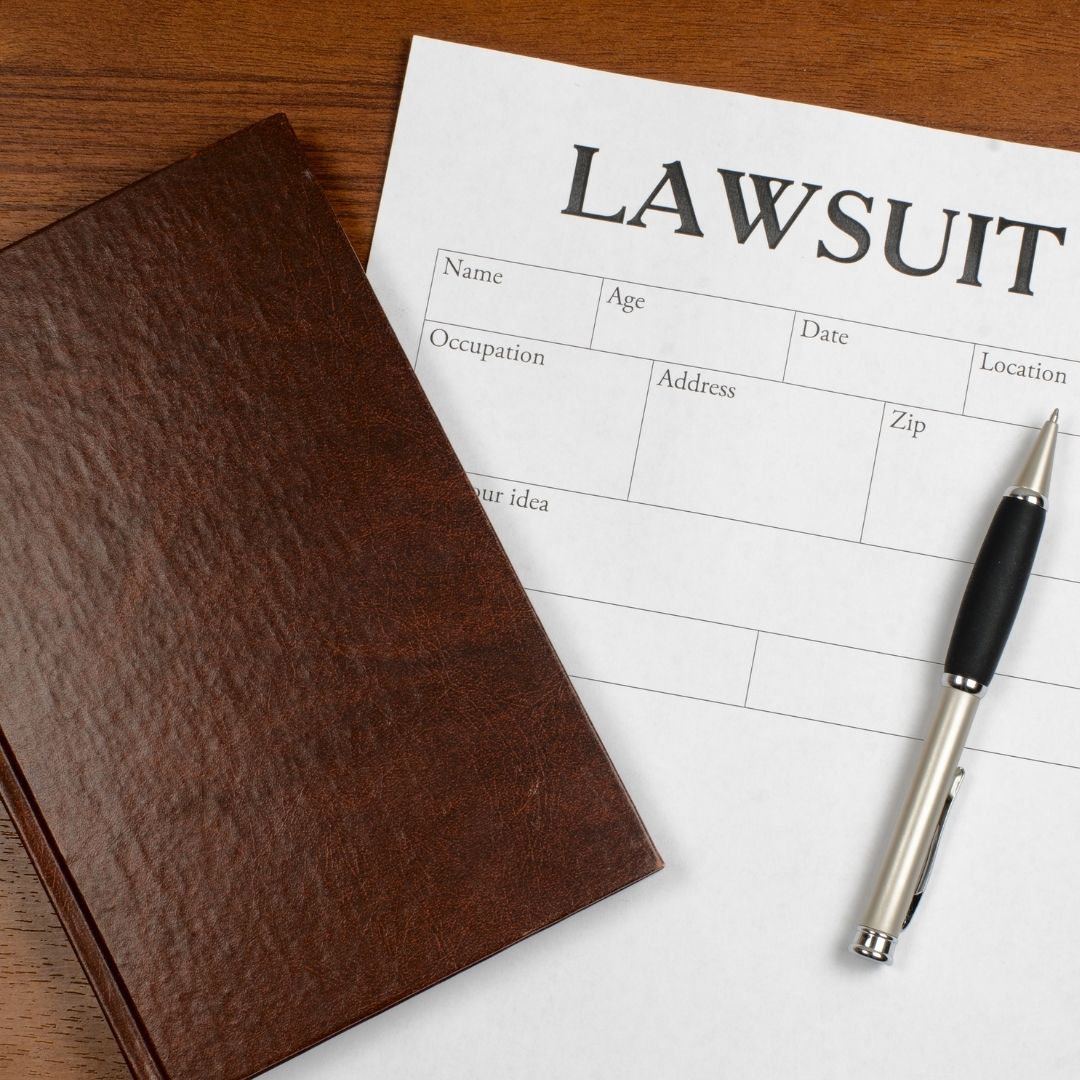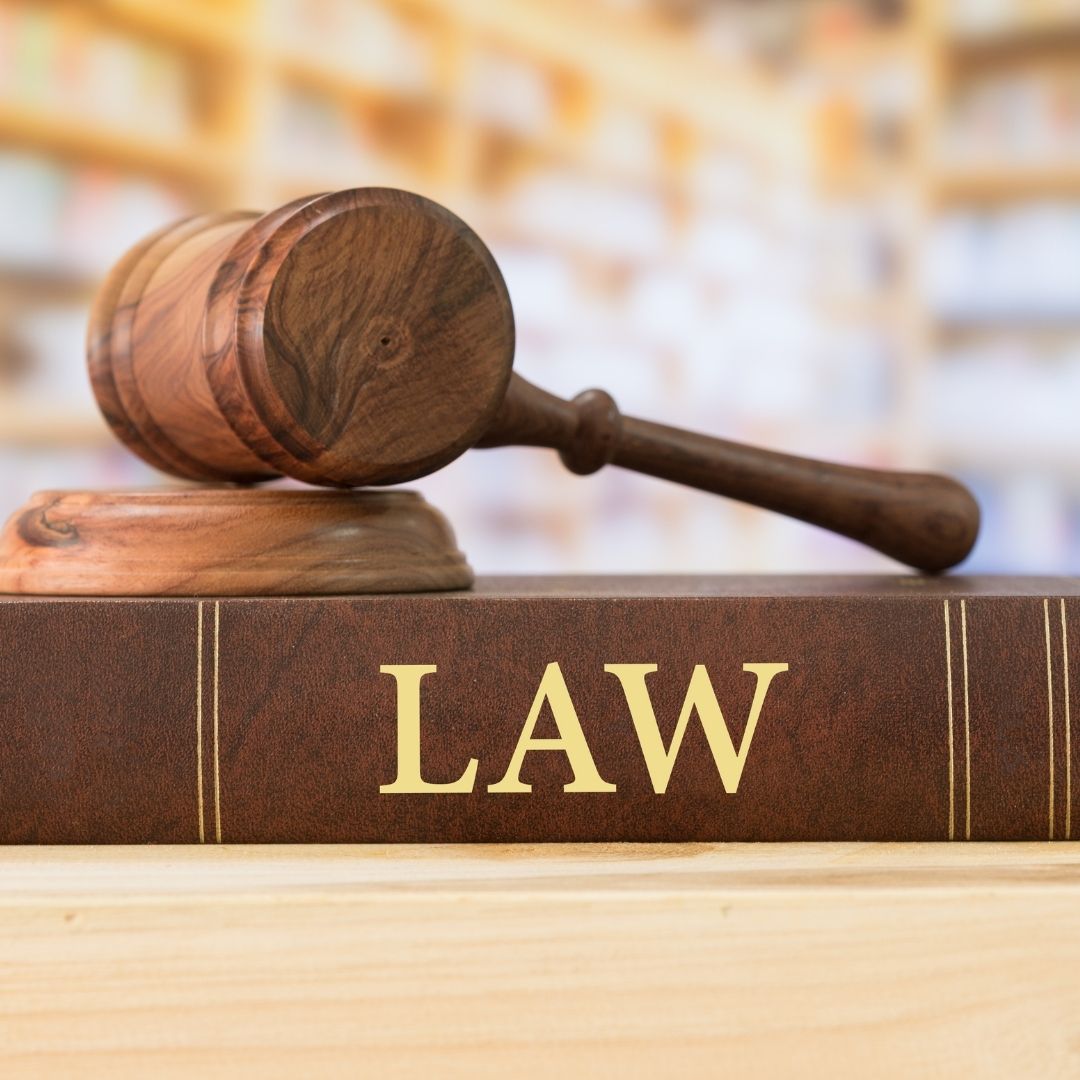In today’s digital-first world, businesses are more vulnerable than ever to public criticism, including false accusations. Whether it stems from disgruntled customers, competitors, or anonymous online users, false allegations can severely harm a company’s reputation and bottom line. The legal landscape in Thailand offers specific mechanisms for businesses to respond to such claims, particularly under defamation law. Understanding these options is essential for protecting your brand, credibility, and long-term success.
Understanding the Nature of False Accusations
False accusations against businesses can come in many forms: negative reviews, damaging social media posts, misleading news articles, or even word-of-mouth rumors. The key issue lies in whether the statements are both false and harmful to the reputation or operations of the business. In Thailand, these accusations may fall under defamation laws if they are communicated to a third party and cause reputational damage.

Distinguishing Between Criticism and Defamation
Not all negative statements amount to defamation. Thai law protects freedom of expression, particularly when the information shared is true or expressed as opinion. For example, a customer stating they had a poor experience may be protected if it reflects their genuine impression. However, if a person falsely claims illegal or unethical behavior without evidence, such as accusing a restaurant of food poisoning when it didn’t occur, it could be grounds for legal action.
Legal Remedies for Businesses Under Thai Law
Under the Thai Criminal Code and Civil Code, businesses can pursue defamation cases against individuals or entities that spread harmful misinformation. Criminal defamation may result in fines or imprisonment, while civil defamation allows the company to seek monetary compensation for damages. The company must demonstrate that the accusation was false, it was communicated to others, and it resulted in measurable harm.
Collecting Evidence and Consulting Legal Experts
Before taking legal action, it is crucial to gather clear evidence of the false accusations. This can include screenshots, URLs, witness testimony, or other documentation that shows the defamatory content and its impact. Consulting a legal expert is equally important. A lawyer can help assess whether the situation qualifies as defamation under Thai law and advise on the best legal strategy moving forward.
Responding Publicly and Strategically
In many cases, a public relations response may complement a legal approach. Issuing a professional and factual public statement can help correct misinformation and reassure clients and stakeholders. However, such responses should be carefully crafted to avoid escalating the conflict or creating additional legal exposure, especially in sensitive disputes where every word can have legal implications.

Preventative Measures for Future Protection
To reduce the risk of future accusations, businesses should invest in reputation management strategies, such as monitoring online mentions, maintaining transparent operations, and encouraging satisfied customers to leave positive feedback. Training staff on how to professionally handle customer complaints and having clear internal protocols for crisis communication can also prove invaluable.
Final Thoughts
False accusations can be highly damaging, but businesses in Thailand are not powerless. Legal options under defamation laws offer a path to justice and protection. At Pimlegal, we specialize in helping businesses defend their reputation through strategic legal action and advice. If your business is facing false claims, don’t wait—take informed action with our expert support.
